Maryland Bill to implement more expansive American History in all public schools
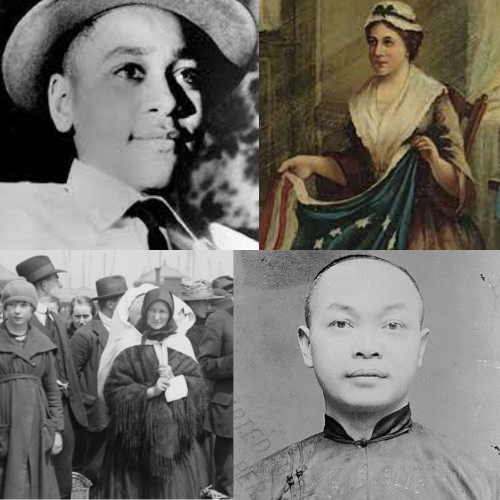
Teachers around the state are finding that many students are not taught about “uncommonly-known” historical facts and figures.
On Jan. 12, a bill that could change the future of education in Maryland was introduced in the Ways and Means committee. The bill positions that by Dec.1, the State Board of Education will expand and develop contents for American History to be implemented in the Social Studies Curriculum in all Maryland public schools for the 2023-2024 school year.
The bill is set to implement more history in the curriculum about African Americans, Native Americans, Asian Americans & Pacific Islanders, women, and any other groups determined by the Board.
Delegate C.T. Wilson, the bill’s sponsor, was inspired to introduce this bill after his daughter, a seventh grader at the time, was curious as to why she knew the number of Jews who died in the Holocaust, but not of slaves during the Trans Atlantic Trade, or Asians during the Trans Constitunal Railroad. “Why do we know more about other countries’ history than we do our own?” was what his daughter questioned. His response? “There’s an emergency in this country [and] we’re failing to teach facts.”
During a hearing on Jan. 20, Wilson voiced his reasons on why this bill is a necessary addition for the social studies curriculum.“Contributions and suffering of minorities and women have long been overlooked by our history books,” said Wilson. “Except for some times [during] those special months: Black history, Hispanic history, [and] Women’s history.”
Wilson then explained that the problem is that they are all a part of American history and should be taught in our classes consistently, not confined to only certain months.
The lack of educating minority groups on their history and context of what led to their current positions could be taking a toll on this generation, he argued.
“American Indian teenagers living on a reservation where suicide is 10 times higher than the national average, it might be important that they understand just how they got there,” stated Wilson at the hearing.
The question still remains: do students truly understand just how much history affects how they got where they are today? The social studies curriculum in American schools typically extends from first grade to 12th grade, which accounts to over a decade of learning American history.
A recent survey was conducted at Parkdale to measure the extent of knowledge students have about the history of prominent minority and women figures, as well as important events that happened involving those groups. The survey was a sample size of 14 students.
For reference, according to US News 96.7 percent of the students enrolled in Parkdale are minorities, and 48 percent of the students enrolled are listed as female.
The survey found that of the 14 students, most of them did not know uncommonly-known facts.
Roughly 86 percent of the students did not know about the Mexican Repatriation in 1929 while 73.3 percent were unaware of culture assimilation. Another 73.3 percent were uneducated about what occurred during the 1921 Tulsa Massacre, and 73.3 percent of the students have never heard of the Chinese Exclusion Act. Lastly, 86.7 percent did not know who Susan La Flesche was.
And teachers around the county are seeing just how much these results reflect students’ knowledge of expansive history.
“I think they aren’t as knowledgeable as they think they are,” said United States History IB teacher Ms. Saundra Keiller. “I think that the students are disconnected from the curriculum because they don’t see themselves in the history, they don’t see how they fit in.”
Based on these survey results her remark could be plausible. Students may not be aware of their history, and this bill could be the solution to introducing Black, brown and/or female students, as well as white and/or male students, to what minorities contributed to American history.
“I think the subject is very deep,“ said Ms. Keiller. “A lot of times, the curriculum and teachers kind of gleam over it and don’t really get into what really happened as they should.”
Ms. Keiller is hopeful that this bill could also transfer over to other subjects, which she believes will benefit from this bill just as much as the social studies department would.
“I would hope that this does not only affect the social studies curriculum, but that it would also in part put minorities and what their contributions were in all subjects,“ she explained.
Her reasoning being that because Parkdale consists primarily of African American and Latinx students, it’s important for them to see the contributions that their people have made in all areas from literature masterpieces and scientific breakthroughs, to mathematical discoveries and historical roles.
If you are interested in supporting this bill write, call, or email your state legislature by reviewing this helpful article from the Maryland Counties. This bill has not yet been passed and is still currently in committee, so every input counts.
Your donation will support the student journalists of Parkdale High School. Your contribution will allow us to cover our annual website hosting costs and publish some printed editions, as well.
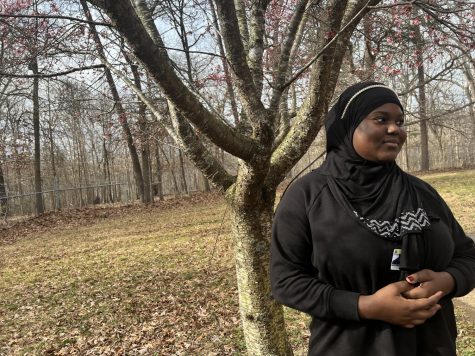
Aissata, more commonly known as That Girl, is a junior and has been working at the Paw Print as Chief Copy Editor for two strong years. She is a future...

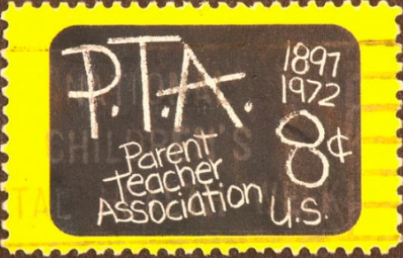
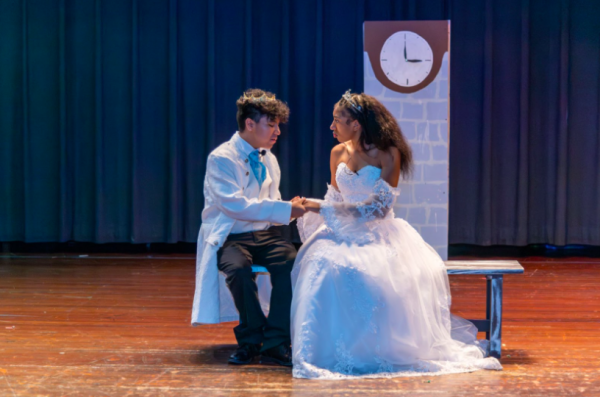
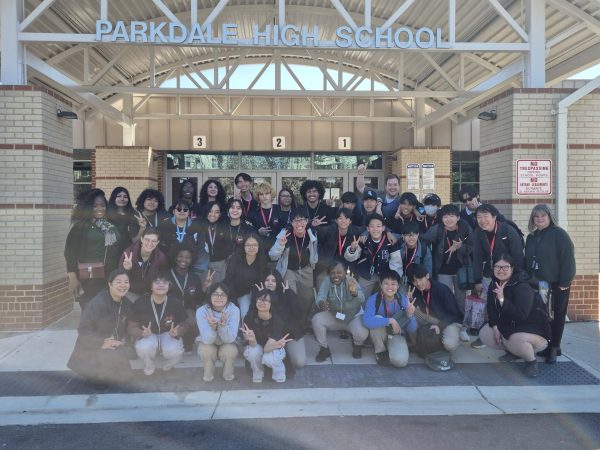


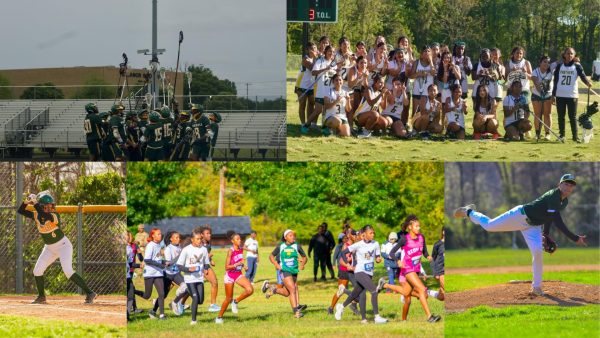

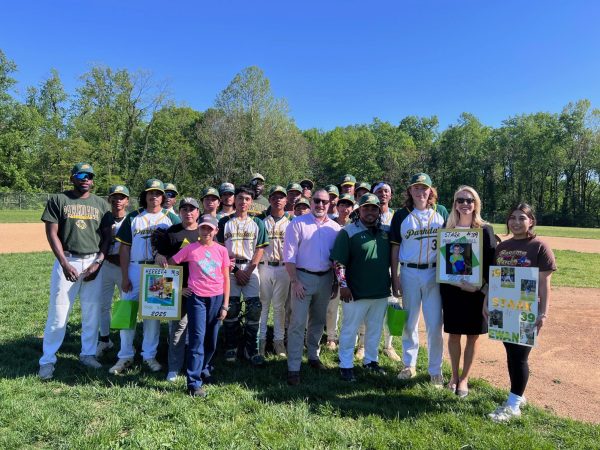

Raheem • Mar 30, 2023 at 11:19 am
I like that there to bring more representation and teach more about other races or minorities.